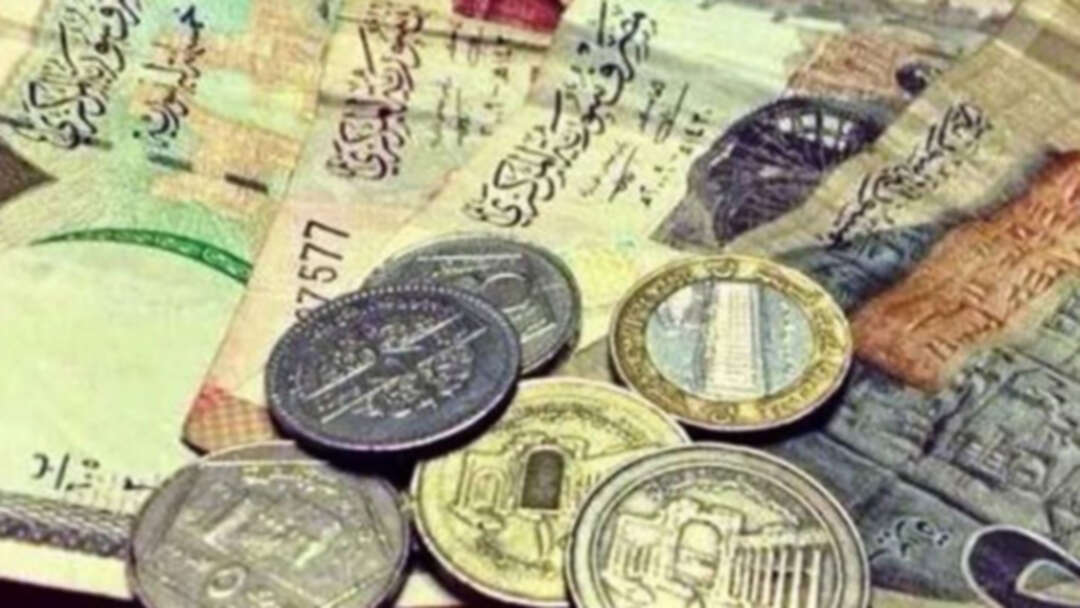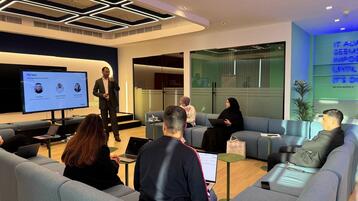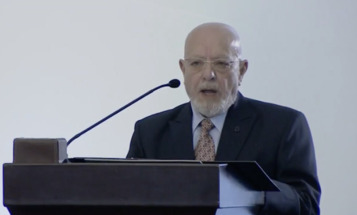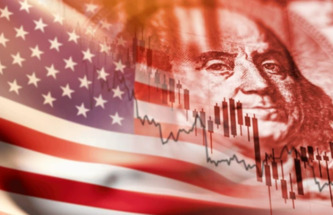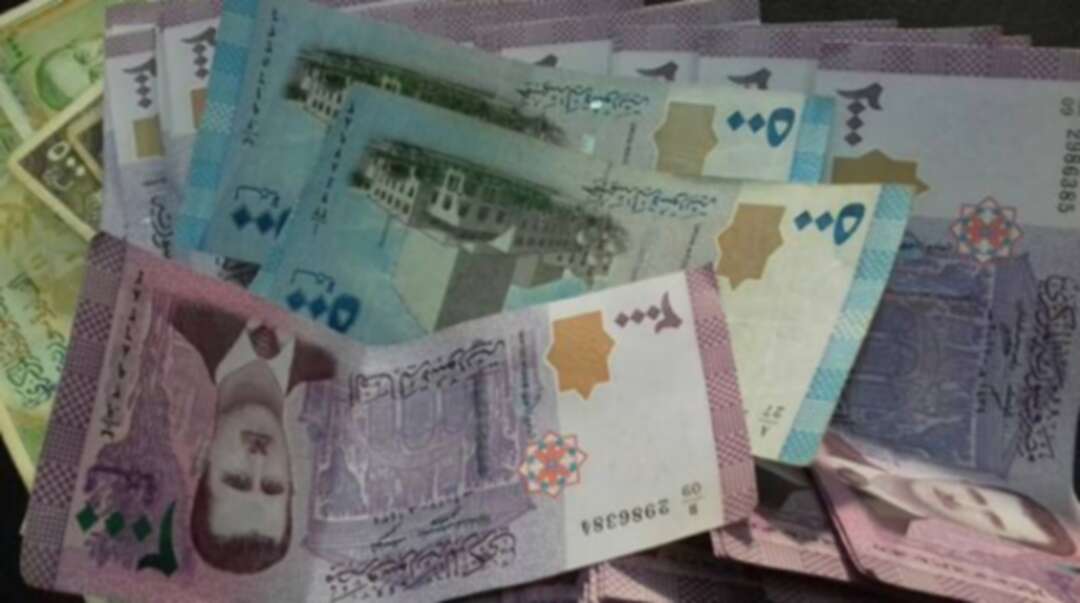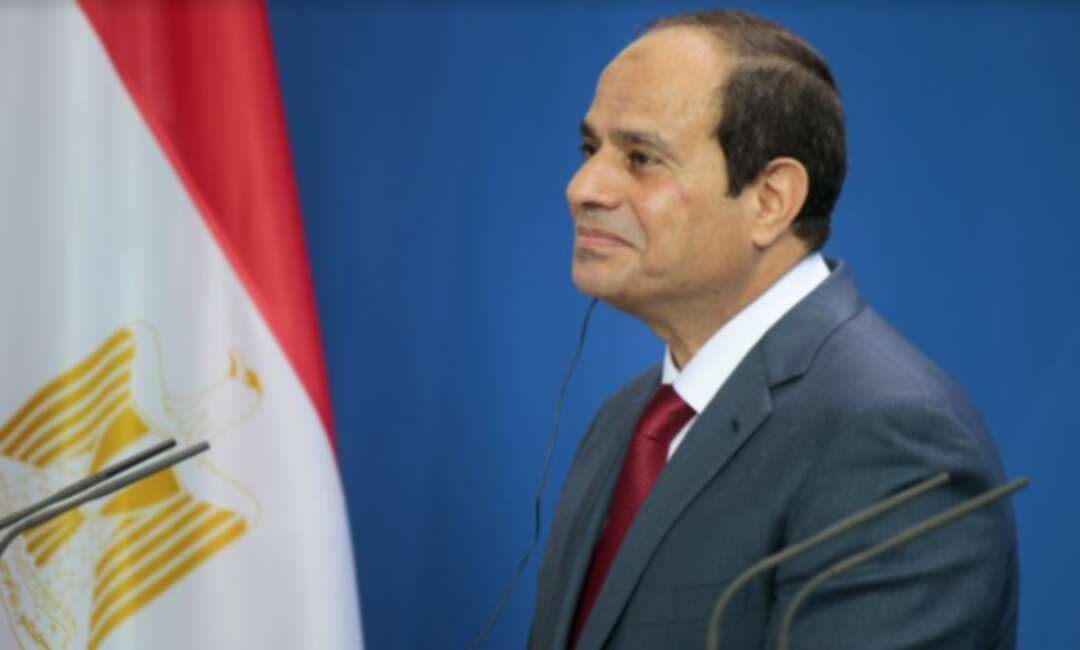-
Lebanon telecom, Internet services subjected to 7 pct price hike.
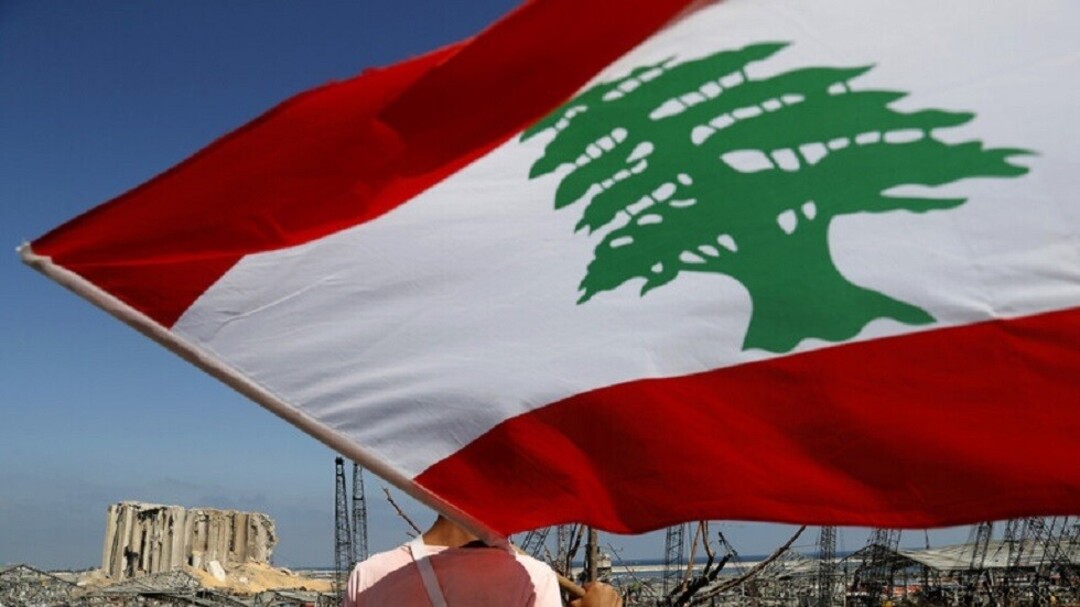
Lebanon telecom, Internet services subjected to 7 pct price hike.
Switching current subscription rates to closer-to-market tariffs, augmentation of infrastructure and opting for more sustainable energy sources are essential to shoring up the future.
Lebanon’s council of ministers ratified a new decree on Thursday subjecting all telecom and Internet services to a 7 percent hike for individuals and a 5.6 percent hike for corporates. The new law replaces the previous rectification in June 2022.
The establishment fee for a new landline will be 50,000 Lebanese lira (Ll), equivalent to $3. This fee includes services such as caller line identification, call waiting and call forwarding on demand.
Telecom revenues have nosedived in recent years, and the biggest cost component for the operators is the consumption of diesel to keep the power generators running, with the country’s economic meltdown plunging the nation into frequent blackouts for hours.
The ministry’s budget gets drained due to the high fuel cost of supplying power to the primary telecom exchangers - making the move toward more renewable energy sources crucial. The reliance on diesel generators for central phone stations is unsustainable and harmful to the environment. Using solar panels, batteries and wind generators will help provide clean and reliable energy sources, Saloum Dahdah, a telecom expert, told Al Arabiya English.
The challenge today is to keep a creaking telecom network up and running.
The 1$/3,900 LBP base pricing for a fixed broadband connection is not sustainable for Ogero, the private service provider. Meanwhile, the current low pricing has raised sustainability concerns while attracting many consumers. Experts believe that switching current subscription rates to closer-to-market US dollar tariffs, investment in fiber installations, introduction of value-added services and transition to renewable energy sources are essential steps towards a more sustainable future.
The conventional dollar rate has been pegged at 22,000 Lebanese pounds since 2022 when the latest decree on currency rate hike was issued. The new law will amend the monthly subscription fee applied since June 2014 to Ll200,000.
Breakdown of the price hikes
Local telephone calls made within the fixed telephone network are included in the monthly subscription up to 1,000 minutes. International Private Leased Circuits or IPLC will also be subject to the same percentage hike.
As far as internet subscription is concerned, it will revert to:
ADSL/VDSL/FTTC: Ll150,000, in addition to the cost of the final device.
HDSL: Ll500,000, in addition to the cost of the final device.
FTTH (Fiber optic): Ll750,000, in addition to the cost of the final device and the cost of the internal connections within the building.
FWA: Ll500,000, in addition to the cost of the final device.
Dedicated: Ll1,500,000, in addition to the cost of the final device.
Read more:
After three years with no accountability, Lebanon mourns Beirut Port blast victims.
Presently, telecom services will be equated at the rate of Lp25,000, instead of Lp89,000, in the parallel market, a source in the Ministry of Telecommunications, who requested anonymity, told Al Arabiya English. He added that the new hike will be insufficient to cover the deficit of Ogero, the local entity entrusted with the sector’s management.
The hike in tariff will need to be applied before the end of the year as more than 70 percent of Ogero’s financial needs — international bandwidth, imports of spare parts and licenses to support contracts — are paid in dollars. At such low rates, covering operational costs and maintaining a high-quality service becomes challenging.
Mobile data speed in Lebanon
Lebanon is ranked 68th out of 100 countries in terms of mobile data speed, with an average of 31 Mbps. In June 2022, the country was in the 103rd position with only 17 Mbps of speed.
One of the critical areas that require immediate attention is augmenting the fiber optic infrastructure across the country, Dahdah said. Lebanon should prioritize the swift installation of fiber networks to meet the demands of consumers and businesses alike. He further said that implementing an acceptable fee for fiber connectivity, which is commonplace worldwide, will help fund the necessary infrastructure development without compromising on quality.
While the telecom sector faces its unique challenges, it is essential to acknowledge that broader reforms are necessary for the country.
Economic fluctuations, corruption and discrepancies in public sector salaries contribute to the complex issues impacting the telecom industry. Addressing these challenges requires a comprehensive approach involving collaboration between various stakeholders and governmental bodies.
However, a hike in telecom tariff also means that a big chunk of the population, whose real wages have nosedived with the plummeting currency rate, can’t afford their phones, which are used for essential daily communication.
To enhance revenue streams and improve customer experience, Ogero can introduce value-added services such as triple play, which combines internet, television, and telephone services. Establishing a national Internet Exchange (IX) will also significantly improve the Quality of Service (QoS) for Internet users in Lebanon, Dahdah advised.
He added that an IX facilitates faster and more efficient data exchange between internet service providers, resulting in improved internet speeds and cost-cutting.
source: alarabiya
You May Also Like
Popular Posts
Caricature
BENEFIT Sponsors BuildHer...
- April 23, 2025
BENEFIT, the Kingdom’s innovator and leading company in Fintech and electronic financial transactions service, has sponsored the BuildHer CityHack 2025 Hackathon, a two-day event spearheaded by the College of Engineering and Technology at the Royal University for Women (RUW).
Aimed at secondary school students, the event brought together a distinguished group of academic professionals and technology experts to mentor and inspire young participants.
More than 100 high school students from across the Kingdom of Bahrain took part in the hackathon, which featured an intensive programme of training workshops and hands-on sessions. These activities were tailored to enhance participants’ critical thinking, collaborative problem-solving, and team-building capabilities, while also encouraging the development of practical and sustainable solutions to contemporary challenges using modern technological tools.
BENEFIT’s Chief Executive Mr. Abdulwahed AlJanahi, commented: “Our support for this educational hackathon reflects our long-term strategic vision to nurture the talents of emerging national youth and empower the next generation of accomplished female leaders in technology. By fostering creativity and innovation, we aim to contribute meaningfully to Bahrain’s comprehensive development goals and align with the aspirations outlined in the Kingdom’s Vision 2030—an ambition in which BENEFIT plays a central role.”
Professor Riyadh Yousif Hamzah, President of the Royal University for Women, commented: “This initiative reflects our commitment to advancing women in STEM fields. We're cultivating a generation of creative, solution-driven female leaders who will drive national development. Our partnership with BENEFIT exemplifies the powerful synergy between academia and private sector in supporting educational innovation.”
Hanan Abdulla Hasan, Senior Manager, PR & Communication at BENEFIT, said: “We are honoured to collaborate with RUW in supporting this remarkable technology-focused event. It highlights our commitment to social responsibility, and our ongoing efforts to enhance the digital and innovation capabilities of young Bahraini women and foster their ability to harness technological tools in the service of a smarter, more sustainable future.”
For his part, Dr. Humam ElAgha, Acting Dean of the College of Engineering and Technology at the University, said: “BuildHer CityHack 2025 embodies our hands-on approach to education. By tackling real-world problems through creative thinking and sustainable solutions, we're preparing women to thrive in the knowledge economy – a cornerstone of the University's vision.”
opinion
Report
ads
Newsletter
Subscribe to our mailing list to get the new updates!

